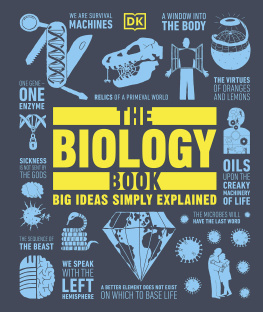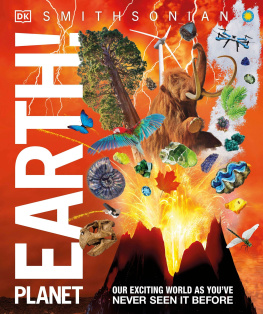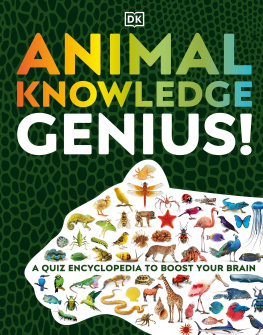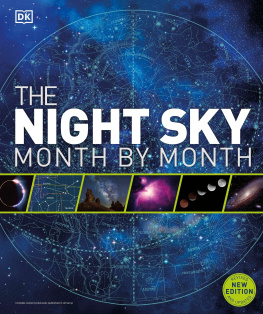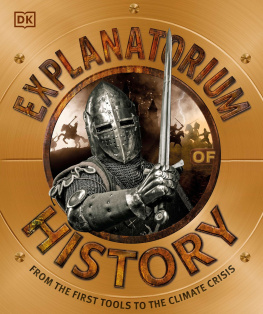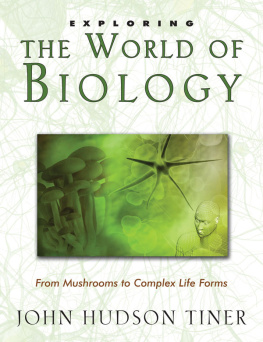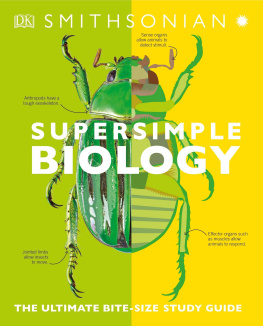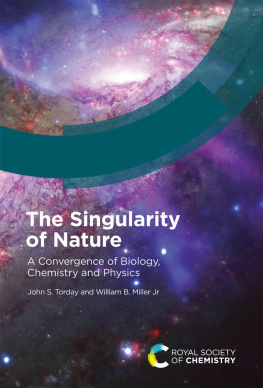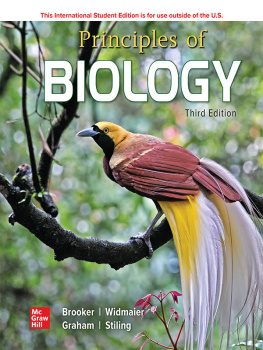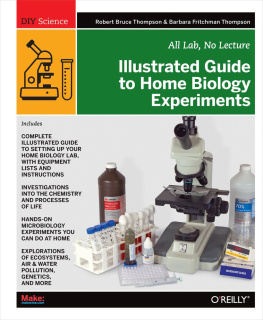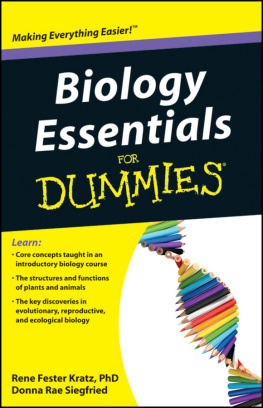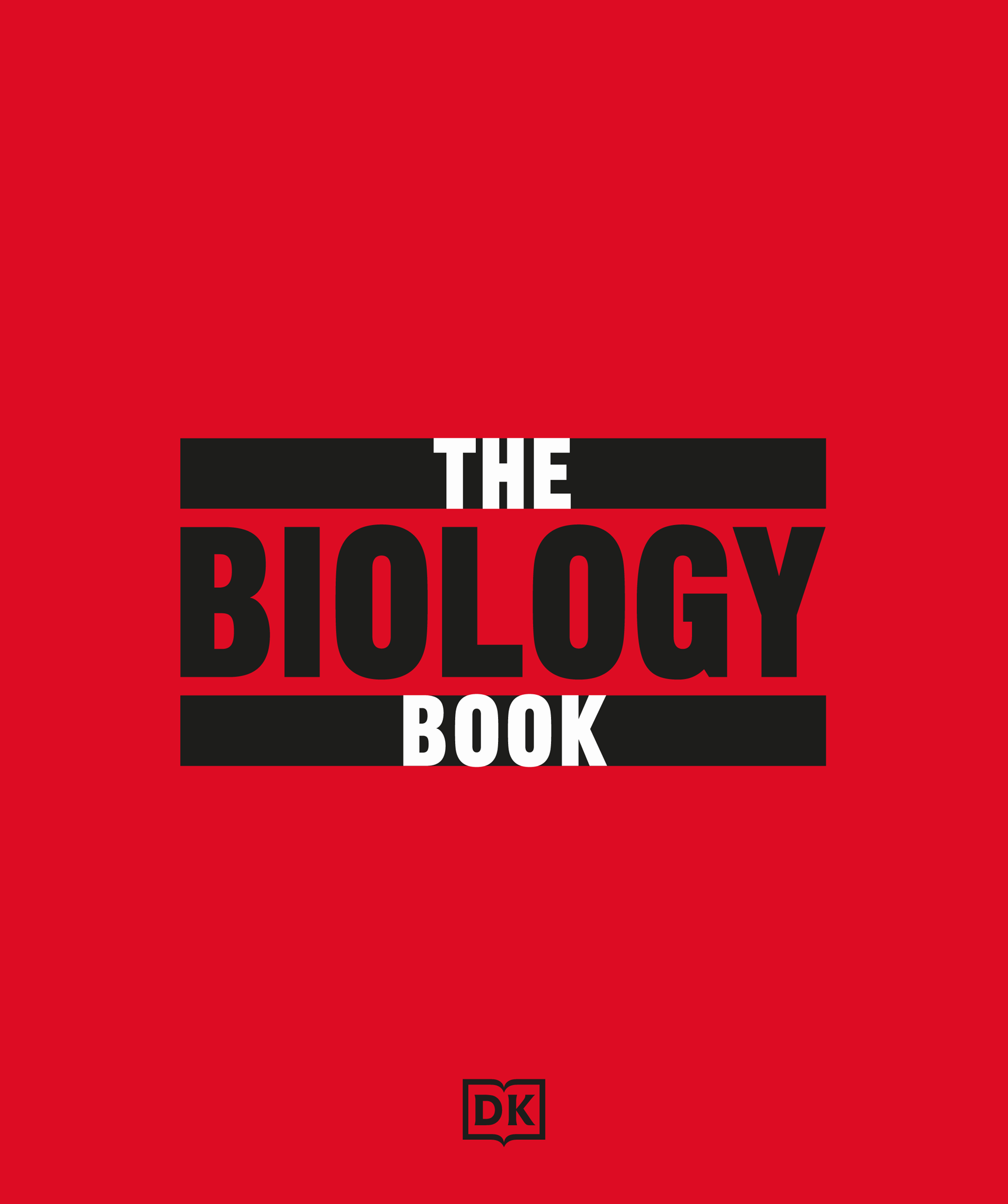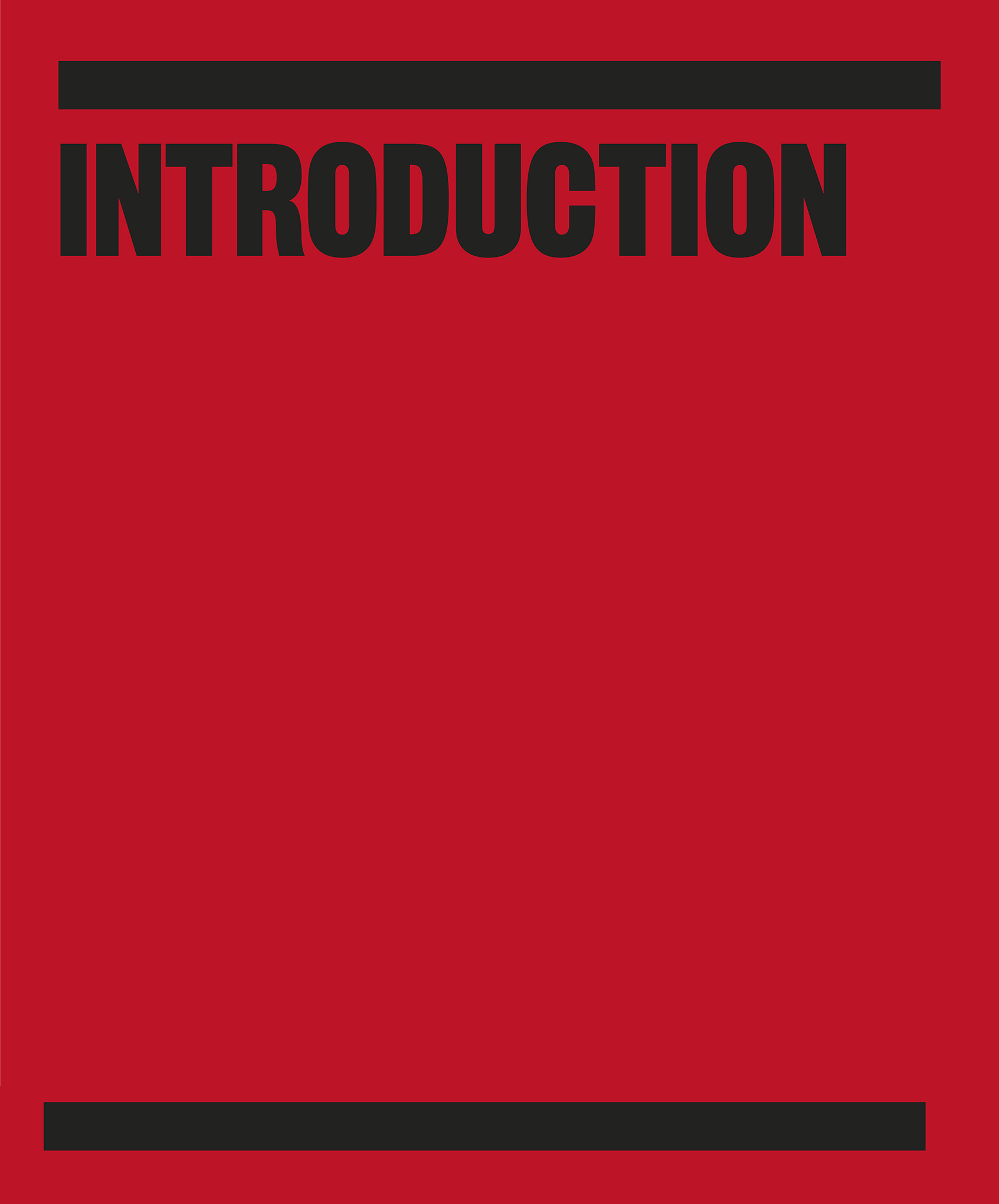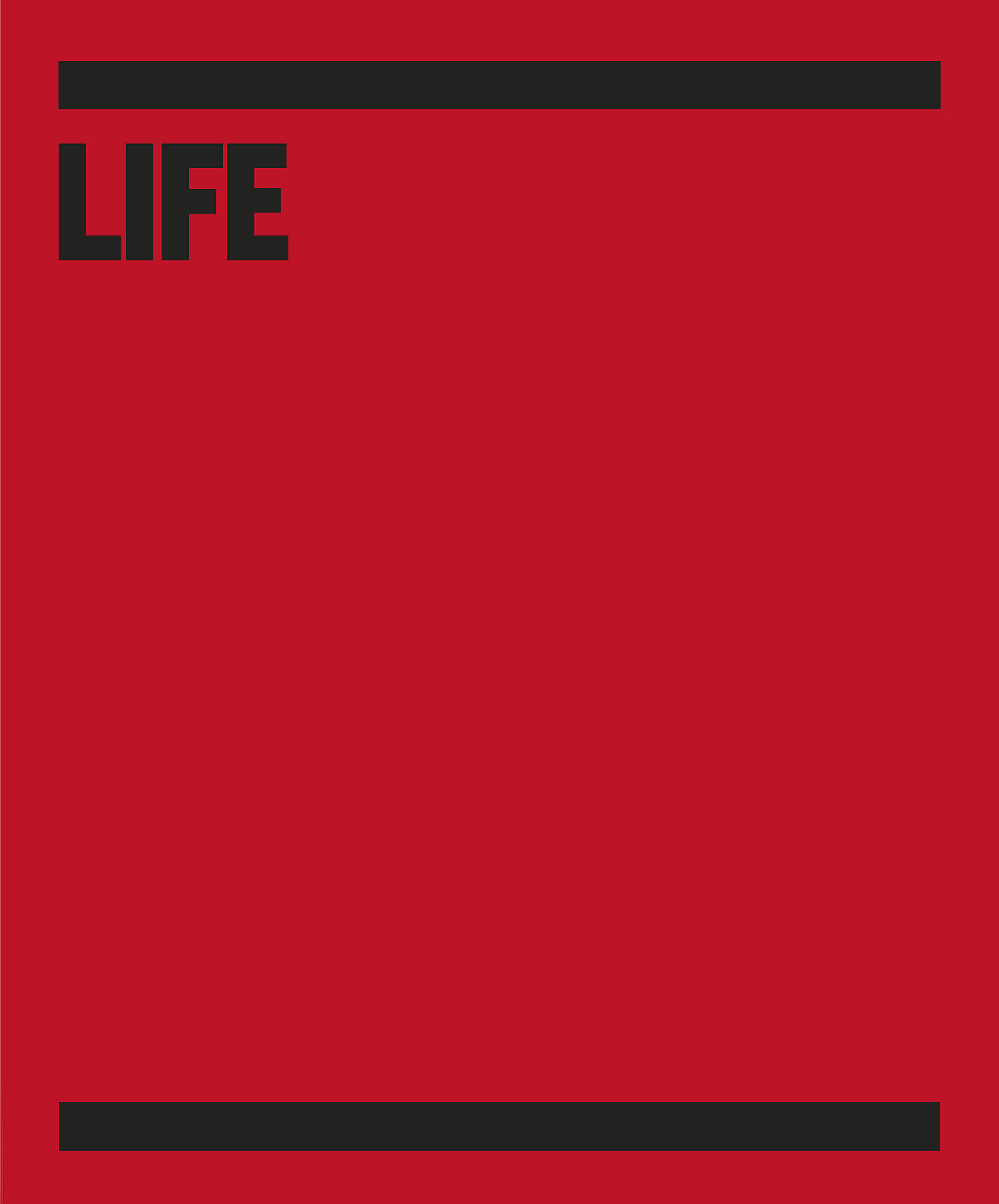INTRODUCTION

Biology, in the simplest terms, can be defined as the study of all life and living things. Along with physics, chemistry, Earth sciences, and astronomy, it is one of the divisions of the so-called natural sciences, all of which emerged from human curiosity about the composition and workings of the world around us and a deeply instilled desire to find rational explanations for natural phenomena.
Like the other natural sciences, biology has its beginnings in the ancient civilizations, and probably even earlier, as people built up a body of knowledge about their surroundings in order to survive: knowledge of the plants that are good to eat or deadly and where they can be found, and of the behaviour of animals to help hunt or avoid them. Observation formed the basis for more detailed studies as societies developed and became more sophisticated, and in the civilizations of ancient China, Egypt, and especially Greece, a methodical approach to studying the natural world developed.
I like to define biology as the history of the Earth and all its life past, present, and future.
Rachel Carson
The world around us
In the 4th century BCE , the Greek philosopher Aristotle began a systematic study of the world of living things, by describing and classifying them. The Greek physician Hippocrates established some basic principles of medicine from his studies of the human body. Although more descriptive than analytic and to modern thinking often erroneous their discoveries and the theories that they inferred from their investigations provided the foundations of the study of all life for almost 2,000 years.
Then, in the late Middle Ages (12501500), Islamic scholars who worked to preserve and build on the knowledge of ancient thinkers, developed a sophisticated scientific approach to their research. This new method inspired the scientific revolution of the European Renaissance and the Enlightenment period. It was at this time that the sciences as we know them today emerged, with biology as a distinct division.
Branches of biology
What distinguished the modern scientific approach to the study of living things was that it was no longer simply descriptive, but actively investigated the ways in which things worked. In biology, this meant that there was a shift in emphasis from studying anatomy the physical structure of organisms to physiology, which is more focused on explaining the way that organisms work and the process of life itself. Given the abundance and diversity of life on our planet, it is not surprising that different branches of the subject began to evolve.
The most obvious division is determined by which particular living things are the subject of study. This has resulted in three distinct branches: zoology, the study of animals; botany, of plants; and microbiology, which examines microscopic organisms. Various subdivisions, such as biochemistry, cell biology, and genetics, have also been recognized as studies became more advanced and specialized. There is also a myriad of practical applications of biological sciences in medicine and healthcare, agriculture and food production, and more recently and pressingly in understanding and mitigating environmental damage caused by human activity.
Core principles
Today, four underlying strands of thinking in modern biology can be identified, giving a better insight into the basic principles of the fields of study. These are: cell theory the principle that all living things are composed of fundamental units known as cells; evolution the principle that living things can and do change in order to survive; genetics the principle that deoxyribonucleic acid (DNA) in all living things codes cell structure and is also passed to subsequent generations; and homeostasis the principle that living things regulate their internal environment to maintain equilibrium.
Of course, there is a degree of overlap between these areas, as well as a number of subdivisions within each one. For the purposes of this book, however, these four divisions of biology are subdivided into nine chapters, each covering an aspect of biology, an underlying principle, or a specific branch. This helps to build a picture of the main ideas and their significance, and also to put them into their historical context to show how strands of thought developed over time.
When reading this book, it is worth remembering that many of the most significant discoveries and insights in biology were made by amateurs, especially when the science was in its infancy. Today, the specialized world of biology is all too often seen as the province of academics and experts in white coats, and beyond the understanding of the ordinary person. The big ideas of biology are, however, like those of many other disciplines, often obscured by technical terms, or hampered by a lack of knowledge of the basic principles of the subject. This book aims to present those ideas in plain, jargon-free language, to satisfy the desire most of us have for a better understanding, and perhaps also to stimulate a thirst for further knowledge.
The fascination with the world of living things has been a human characteristic since prehistoric times, and can be seen today in the popularity of films and television series documenting the huge variety of life on our planet. As part of that world, we are also often in awe at the mystery of life itself, and wonder about our place in the natural order.
Biology is a result of our attempts to explore that world, and to explain its processes. But as well as providing the satisfaction of knowledge, it can also offer practical solutions to some of the problems we face as a species: providing food for an ever-growing population; combatting illnesses in the face of virulent diseases; and even preventing catastrophic environmental damage. It is the hope that this book provides an insight into the ideas that have shaped our understanding of this vibrant and important subject.
the more we learn about living creatures, especially ourselves, the stranger life becomes.
Lewis Thomas

